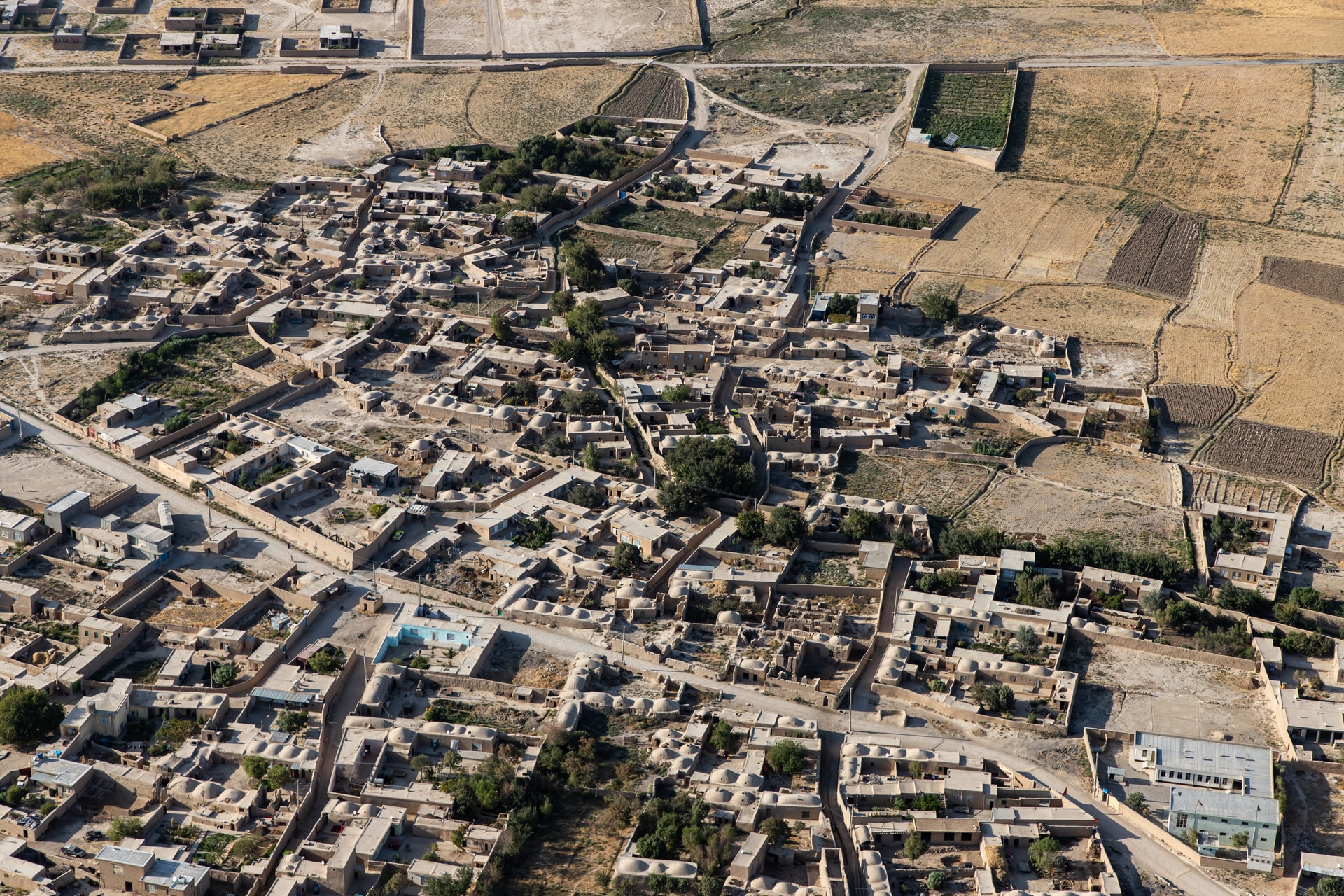Two high-ranking US generals have announced that they’re going to leave a 2,500-strong force in Afghanistan before the US withdraws completely in August.
General Mark Milley and Afghanistan General Frank McKenzie’s remarks to Congress seemed to contradict President Joe Biden, who said he couldn’t recall such advice.
The Taliban took power in August after swiftly roaming the country.
General Milley said us was surprised at the speed at which the Afghan government had fallen.
The Senate soldiers Committee interviewed two US generals and Secretary of Defense Lloyd Austin.
The hearing comes weeks after a chaotic retreat at Kabul airport as foreign powers tried to bring their citizens home while thousands of desperate Afghans tried to rescue them.
One terrorist killed 182 people during the recession. On August 26, a minimum of 13 American and 169 Afghan soldiers was killed at the airport gate.
Keep the troops on the bottom
General McKenzie, who oversaw the withdrawal from Afghanistan because the commander of us Central Command, said in response to questioning Republican senators that he recommended keeping a little force of two,500 soldiers in Afghanistan.
This appears to contradict President Joe Biden’s allegation to the ABC reporter on August 19 that he didn’t recall anyone giving him such advice.
General Milley said he agreed with the proposal, but when asked by Alaskan Republican Dan Dan Sullivan whether there have been “false claims” in Mr. Biden’s comments, he declined to reply directly.
White House spokeswoman Jen Psaki then raised the difficulty.
“The president appreciates the sincere advice from his commanders and therefore the army,” he said. “That doesn’t suggest I always accept as true with him.”
If the troops remain within the country after the August deadline, the US is now at war with the Taliban.
Mark Milley, Lloyd Austin, and Kenneth McKenzie can testify before Congress, but Joe Biden’s own words did the foremost damage to the president on Tuesday.
Republicans contradicted the president in recent statements that contradicted the generals, explicitly or indirectly.
During an interview in August, Biden argued that no general was begging him to detain some US troops in Afghanistan to stop the Taliban from coming to power. Both General Milley and General McKenzie said they thought these troops were necessary, and at one point the latter claimed to possess told the President.
Republican senators also wondered why Biden promised to stay the military there until all Americans are evacuated, while the Americans stayed in Afghanistan weeks after the ultimate withdrawal.
Eventually, the 2 generals discovered that al-Qaeda remains present in Afghanistan – an immediate contradiction of Biden’s earlier statement that the terrorist group had been destroyed.
All of this has given Republicans what it takes to accuse the President of lying to the American people.
Mr. Biden wasn’t obliged to form such general statements. He could simply say that he had heeded the recommendation of the military but confirmed his decision to withdraw. But like many politicians before him, he spoke in trouble.
‘Caught off-guard’
Tuesday’s hearing began with the opening speech by Mr. Austin, followed by General Milley, who said it had been now harder to guard Americans against terrorist attacks from Afghanistan.
“The Taliban were and can remain a terrorist group and haven’t severed ties with al-Qaeda,” he said.
“A reconstituted Al-Qaeda or ISIS [Islamic State Group] with ambitions to attack us may be a very real possibility, and these requirements for starting activities in unregulated areas could change within the next 12-36 months. “
General Milley said he estimated in late 2020 that an accelerated withdrawal of troops from Afghanistan could hasten the collapse of the govt.
But both he and Mr. Austin testified that the speed of the collapse took the US military all of sudden.
“We helped build a state, but we couldn’t build a nation,” Austin said.
“The incontrovertible fact that the Afghan army trained by us and our partners simply disbanded – in many cases without firing an attempt – surprised us all.”
At the top of 2001, shortly after the 9/11, 2001 attacks, US troops entered Afghanistan for the primary time. By the time they left the country, we had spent approximately $ 985 billion (£ 724 billion) and stationed tens of thousands of soldiers, which peaked at 110,000 in 2011.
In the weeks between the autumn of Kabul and therefore the August 31 withdrawal period, the US evacuated the remaining 4,000 soldiers. It also takes in around 50,000 Afghan refugees who have flown in from Kabul.
Up to twenty people died within the crowd that gathered at the airport within the days after the Taliban came to power.
Who is General Mark Milley?
- he’s the senior military adviser to Joe Biden, chairman of the Joint Chiefs of Staff (the committee of eight senior military officials).
- isn’t a part of the military command structure and doesn’t command US soldiers
- However, it’s the connection between the White House and therefore the Pentagon
- He was a four-star officer and chief of staff within the Army before being appointed chief of staff in October 2019.
“We won’t attack China”
It was recently revealed that General Milley phoned the Chinese military over concerns about then-President Donald Trump.
The calls were revealed during a book by reporter Bob Woodward, who also claimed that General Milley had told his staff that if Trump ordered a nuclear strike, he would need to confirm it before it had been administered.
Republican Senator Marco Rubio called this “treason”.
But General Milley said during the hearing that talks had been coordinated with then-Secretary of Defense Mark Esper and his interim successor, Christopher Miller.
“I know, I’m sure President Trump had no intention of attacking the Chinese … and it had been my direct responsibility to the Secretary to convey that intention to the Chinese.
“It was my job at the time to meet the escalation. My message was again consistent: ‘Keep calm, stand still and develop the escalation. We will not attack you.'”

